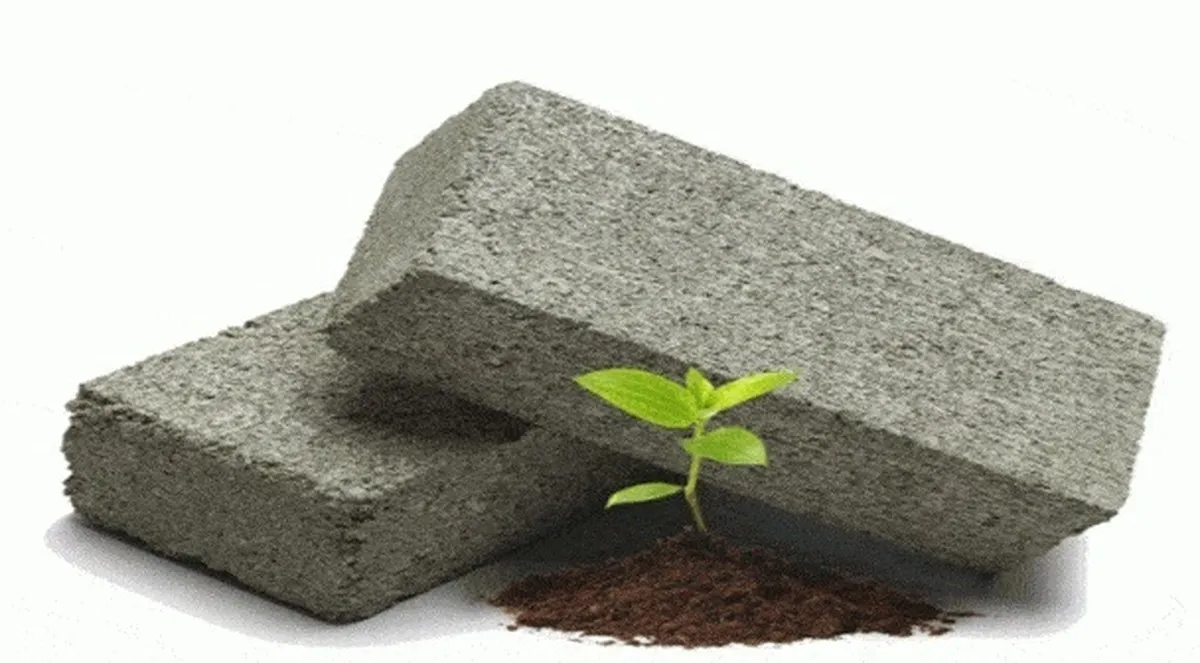Islamic Azad University Student Uses Nanotechnology to Make Strong, Eco-Friendly Recycled Concrete

“In this innovative project, after collecting and depositing the construction debris and waste in several stages, we separate them with new methods and then after the disposal stage of plaster and metal waste and other unusable data-x-items in the project, advanced washing is carried out in a closed space, the water of which is recycled and returns to the cycle, and the materials are washed clean and become free of harmful substances,” said Davoud Beheshtizadeh, a PhD student of civil engineering at Islamic Azad University’s Tabriz branch.
“In the next stage, inventive materials, including liquid composition of microsilica in a dose of 5%, 5% grout, metakaolin powder and raw perlite powder brought from the mining site and uncooked, are added,” he explained.
“The final stage of granulation of materials will be similar to the sand washing system and the prepared concrete can be used in production of concrete and new concrete and construction products,” Beheshtizadeh said.
In a relevant development in December, Iranian scientists, Dr. Aliakbar Gholampour and Dr. Massoud Soufi, from Flinders University and Melbourne University, respectively recycled concrete with graphene (carbon) to reduce emissions and waste in the concrete production process.
In the aftermath of large-scale disasters like earthquakes or wars, and as aging buildings and infrastructure are replaced, vast amounts of concrete often end up in landfills or are crushed into rubble for use in road construction.
Flinders University and the University of Melbourne specialists, Dr. Aliakbar Gholampour and Dr. Massoud Sofi, are evolving a “value add” for old broken concrete to “upcycling” coarse aggregate to produce a strong, durable, and workable concrete using a small amount of a secret ingredient, graphene, for a more sustainable approach.
The novel method is gaining traction with the discovery and extraction of new graphene deposits. This trend drives down the price of this raw material even as the costs of cement and aggregates continue to climb, according to researchers.
The results are tested by scientists using a weak graphene solution on recycled aggregates to manufacture concrete that is potentially superior to untreated recycled aggregates in cement-based mixtures.
4155/v





















